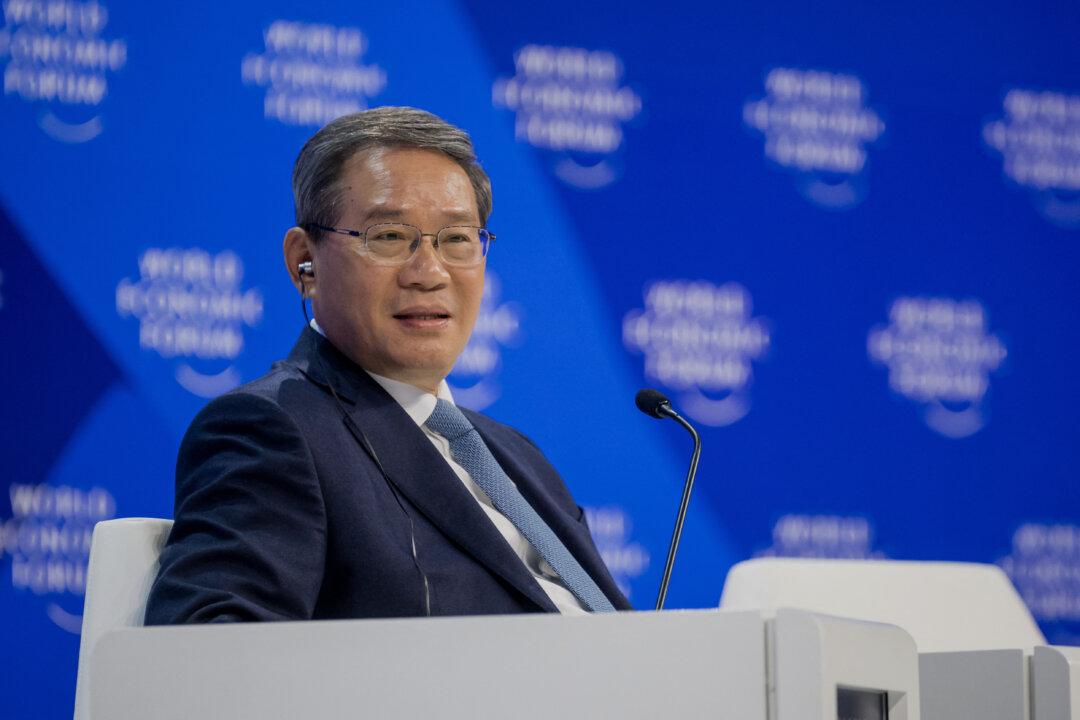China has scrapped the press conference held by its premier following the country’s annual two sessions, marking the end of a decades-old tradition. Analysts say the move will likely increase the level of secrecy surrounding Chinese politics.
The change was revealed on Monday as more than 5,000 carefully picked delegates from across the nation are in Beijing for the annual meetings of the National People’s Congress (NPC), China’s rubber-stamp legislature, and the Chinese People’s Political Consultative Conference, the Chinese Communist Party’s (CCP) top advisory body. The meetings are collectively known as “two sessions” or “lianghui” in Chinese.




